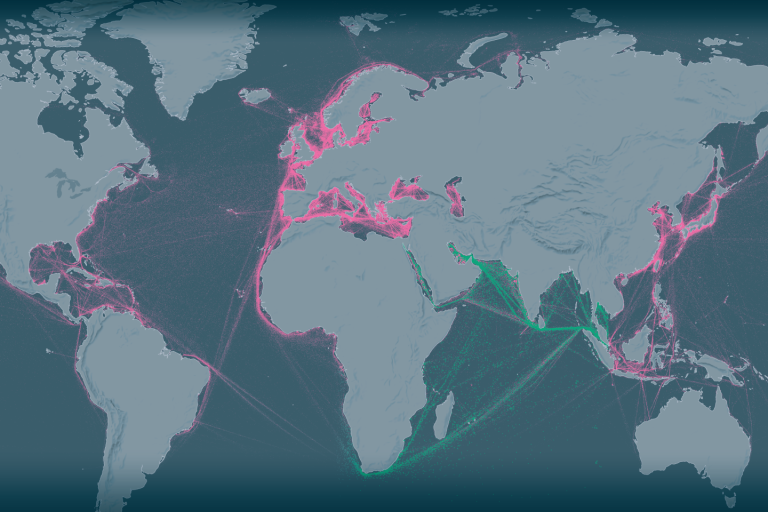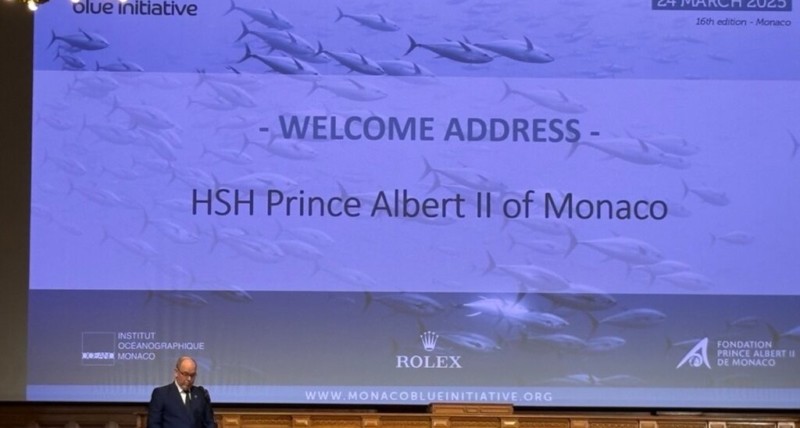Caught in the shocks of geopolitics and global warming, maritime routes are encountering major disruptions. In just a few months, traffic has been disrupted on two crucial routes for global commerce.
The Panama Canal, which connects the Atlantic and Pacific oceansand through which 5% of world maritime trade passes, saw its traffic decrease by 30% due to an unprecedented drought which reduced the water level in the locks. Ships connecting China to the eastern seaboard of the American continent must wait several weeks, pay millions of dollars to acquire a right of passage or unload their goods so that they can be transported by land.
At the other end of the planet, the strategic axis linking Europe to Asia via the Suez Canal and the Red Sea has lost 40% of its traffic since December 2023, in the wake of the Israeli offensive in Gaza. The Yemeni Houthis, supported by Tehran, who say they are acting “in solidarity” with the Palestinians, are increasing attacks on ships around the Bab Al-Mandab Strait. Although the number of incidents has decreased since the end of January, the threat remains high, as do insurance premiums. Many ships now prefer to sail along Africa, passing through the Cape of Good Hope, which increases transport times and costs.
Cereal trade disrupted
Since Russia’s invasion of Ukraine on February 24, 2022, interruptions to maritime traffic in the Black Sea have turned upside downworld grain trade. Egypt, whose imports of Ukrainian wheat fell by 81% during the first eight months of the conflict, had to obtain catastrophic supplies from Russia, the United States and the European Union. Ethiopia, for its part, turned to Argentina and the United States.
The concern is such that Brussels revised its strategy in October 2023For “maintain stability and security along major maritime routes”. In addition to wars, the increase in drug trafficking increases the risk of ships being detained in the event of inspection. Piracy, which is picking up again in the Indian Ocean, thanks to the departure for the Red Sea of the naval forces of the coalition led by Washington, represents an additional threat. “Attacks, most probably linked to illegal fishing disputes, have resumed off the coast of Somalia and in the Indian Ocean since November 2023, points out Louis Borer, maritime security analyst at Risk Intelligence. More ambitious attacks on the high seas have also been reported – notably in the Gulf of Guinea, a global piracy hotspot, with violent, complex, sometimes long-range attacks. »




